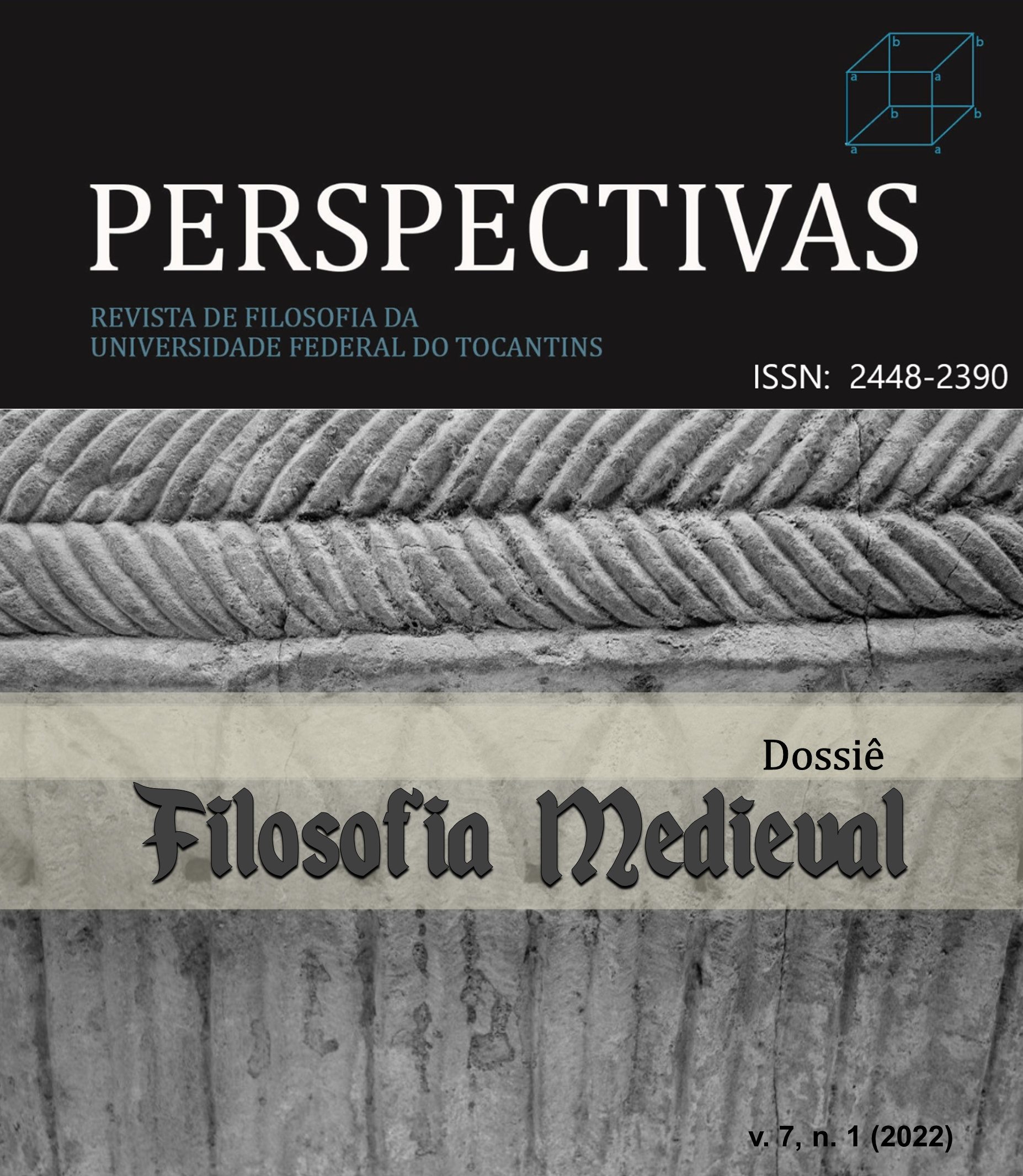Naming the unnameable and knowing the unknown: the status of Dionysius’ processions
DOI:
https://doi.org/10.20873/rpv7n1-34Resumo
Since, according to Dionysius the Areopagite, God is unnameable, what is the status of the terms applied to him? To what the names attributed to God refer? On the other hand, do these names grant a knowledge of the divine being? In what way? My aim is to elucidate the meaning and the arguments of Dionysius’ perspective on the possible knowledge of God through the processions or energies. This concept will be crucial for the development of the fourteenth century hesychast philosophy. The correct interpretation of the Corpus Areopagiticum will be one major topic of contention between Gregory Palamas and Barlaam the Calabrian. Palamas evokes Dionysius Areopagite’s notion of “processions” to substantiate the distinction between essence and energies in God. These πρόοδοι are the “extension” of God outside of himself; they are several, distinct from each other and uncreated.
Downloads
Publicado
Como Citar
Edição
Seção
Licença
Os autores que publicam com esta revista concordam com os seguintes termos:
1. Autores mantêm os direitos concedidos à revista ou o direito de primeira publicação com o trabalho licenciado à Atribuição de Licença Creative Commons Atribuição 4.0 Internacional (CC BY 4.0) que permite o compartilhamento de trabalhos com reconhecimento de autoria e publicação inical nesta revista.
2. Autores têm permissão para aceitar contratos, distribuição não exclusiva da versão do trabalho publicada nesta revista (por exemplo, publicarem em repositório institucional ou como capítulo de livro) com reconhecimento de autoria e de publicação inicial nesta revista.
3. Autores têm permissão e são estimulados a publicar e distribuir o seu trabalho on-line (por exemplo, em repositório institucional ou em sua página pessoal) com as devidas referências à revista.





















